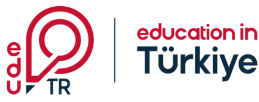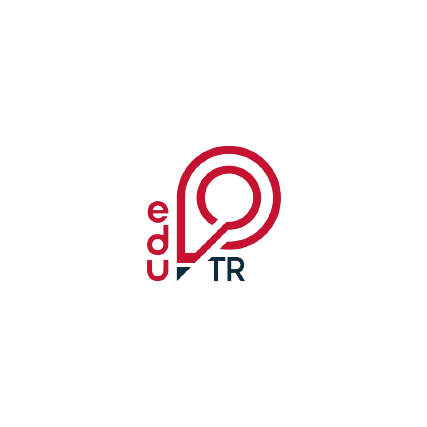- Bachelor
- Type: Turkish (100%)
- 4 Years
- Morning Session
Speech and Language Therapy (SLT), also known as Speech-Language Pathology (SLP) in some regions, is a specialized field within healthcare that focuses on diagnosing and treating communication and swallowing disorders. This encompassing practice involves working with individuals of all ages, from infants to the elderly, who may experience difficulties in speech production, language comprehension and expression, voice quality, fluency, or swallowing function.
At its core, Speech and Language Therapy aims to enhance communication skills and promote functional independence for individuals facing challenges due to various conditions such as developmental delays, autism spectrum disorders, stroke, traumatic brain injury, neurological diseases, voice disorders, or structural abnormalities affecting the speech and swallowing mechanisms.
Speech and Language Therapists (SLTs) undergo extensive education and training to assess, diagnose, and implement tailored interventions to address each patient’s unique needs. Their expertise encompasses a wide range of areas, including phonetics, linguistics, psychology, anatomy, physiology, neurology, and rehabilitation techniques.
SLTs employ diverse therapeutic approaches, including speech exercises, language therapy, augmentative and alternative communication (AAC) systems, voice therapy, fluency interventions, cognitive-communication strategies, and swallowing rehabilitation techniques. They work collaboratively with multidisciplinary teams, including physicians, educators, psychologists, occupational therapists, and dietitians, to provide comprehensive care and support to their clients.
Studying Speech and Language Therapy offers a rewarding career path for individuals interested in helping others overcome communication and swallowing challenges. Prospective SLTs typically pursue undergraduate degrees in communication sciences and disorders, speech-language pathology, or related fields, followed by graduate programs accredited by professional organizations such as the American Speech-Language-Hearing Association (ASHA) or the Royal College of Speech and Language Therapists (RCSLT).
Upon completing their education and clinical placements, graduates may pursue licensure or certification to practice as Speech and Language Therapists in their respective regions. Career opportunities for SLTs span across various settings, including hospitals, schools, rehabilitation centers, private practices, research institutions, and community health organizations.
The demand for Speech and Language Therapy services continues to grow globally, driven by factors such as increased awareness of communication disorders, advancements in medical technology, and the aging population. As such, SLTs enjoy promising job prospects, professional development opportunities, and the chance to make a meaningful impact on the lives of individuals and families affected by communication and swallowing difficulties.
Overall, Speech and Language Therapy offers a fulfilling and impactful career path for individuals passionate about helping others communicate effectively and improve their quality of life. With comprehensive training, specialized skills, and a commitment to evidence-based practice, SLTs play a vital role in facilitating communication, promoting social participation, and supporting overall wellbeing across diverse populations and settings.
Information is being updated, stay tuned…
Information is being updated, stay tuned…
Information is being updated, stay tuned…
Information is being updated, stay tuned…

